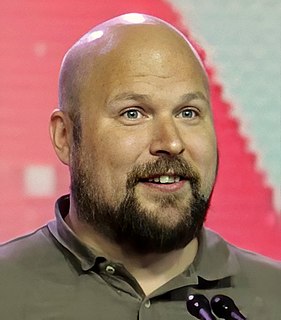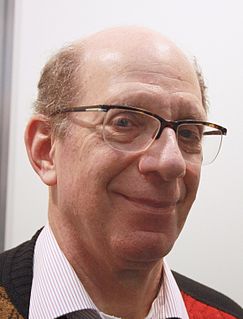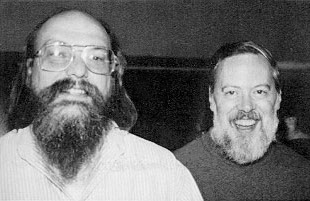Top 1200 Computer Systems Quotes & Sayings
Explore popular Computer Systems quotes.
Last updated on April 14, 2025.
Holland's and Kauffman's work, together with Dawkins' simulations of evolution and Varela's models of autopoietic systems, provide essential inspiration for the new discipline of artificial life, This approach, initiated by Chris Langton (1989, 1992), tries to develop technological systems (computer programs and autonomous robots) that exhibit lifelike properties, such as reproduction, sexuality, swarming, and co-evolution.
Progress in computer science is made with the distribution of revolutionary software systems and the publication of revolutionary books. We don't need a fancy information system to alert us to these grand events; they will hit us in the face. Another good excuse for ignoring the literature is that, since everyone has strong beliefs about fundamentals but can't support those beliefs rationally or consistently convince non-believers, computer science is actually a religion.
I've never been much of a computer guy at least in terms of playing with computers. Actually until I was about 11 I didn't use a computer for preparing for games at all. Now, obviously, the computer is an important tool for me preparing for my games. I analyze when I'm on the computer, either my games or my opponents. But mostly my own.
For the blue-collar worker, the driving force behind change was factory automation using programmable machine tools. For the office worker, it's office automation using computer technology: enterprise-resource-planning systems, groupware, intranets, extranets, expert systems, the Web, and e-commerce.
The functional freedom that anybody can buy a gun and go out and murder a lot of people at a McDonald's is prevalent, yes. But through the effects of TV and interactive video systems and so forth, we'll also have the freedom to pretend to be a mass murderer for the evening. I've seen descriptions of advanced TV systems in which a simulation of reality is computer controlledthe TV viewer of the future will wear a special helmet. You'll no longer be an external spectator to ?ction created by others, but an active participant in your own fantasies/dramas.
In the judgment of design engineers, the ordinary means of communicating with a computer are entirely inadequate. [...] Graphical communication in some form or other is of vital importance in engineering as that subject is now conducted; we must either provide the capability in our computer systems, or take on the impossible task of training up a future race of engineers conditioned to think in a different way.





















































